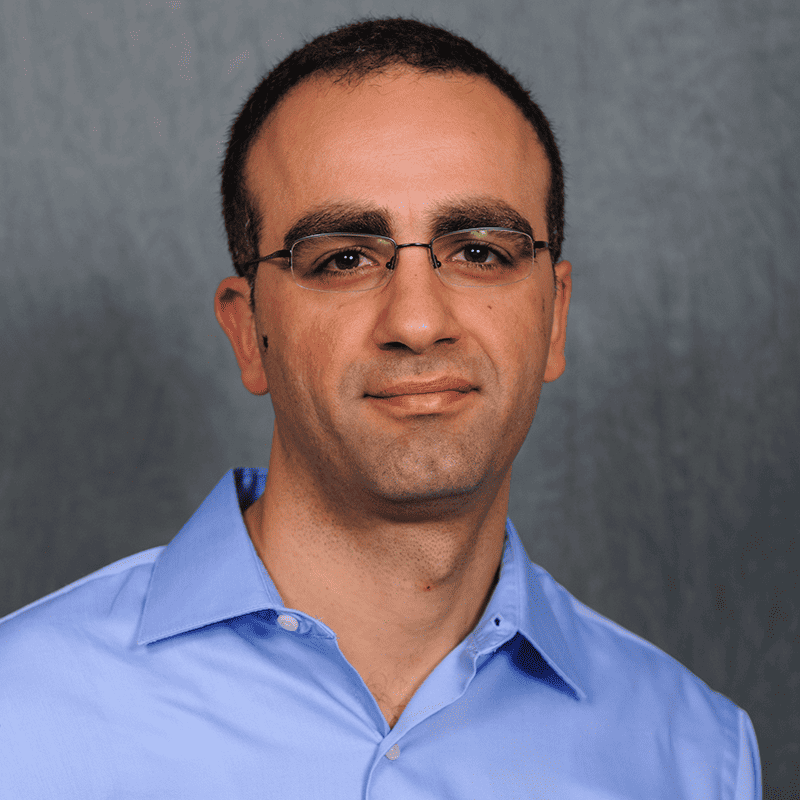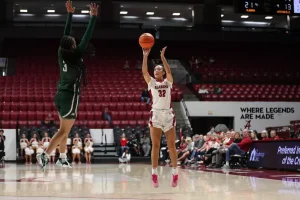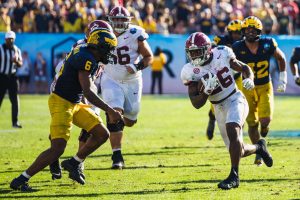Undergrad neuroscience program to begin in fall 2020
November 16, 2018
Nan Mu, a UA graduate student studying educational psychology and neuroscience, remembered a special place to her: China. This is where she first discovered her interest in intellectual and cognitive style thinking and learning.
“I started looking for educational psychology programs in the U.S., and I saw this program at UA had a concentration in neuroscience,” Mu said. “So, I thought ‘Cool, neuroscience, everybody loves the brain, right?’ I think this was the right answer to give me what I have been looking for.”
Mu was born and raised in China and spent time at graduate school there learning linguistics. She also taught English at the undergraduate level at a Chinese college.
She is currently enrolled in her third year as a graduate student at the University, and the neuroscience program is about five and half years long.
Mu said she is enjoying every minute of it because she knows what she came to the University for.
“It is amazing, every year I am in this program I am learning so much more than what I used to know,” Mu said. “I fully enjoy all the classes. This is a wonderful learning opportunity for me.”
Undergraduate students will get to have a similar learning opportunity as Mu beginning in 2020 when the University begins the state’s first educational neuroscience program.
Mu said she is very excited for the implementation of the undergraduate neuroscience program. The graduate neuroscience program is one of three in the country.
“This is an adventure,” Mu said. “I feel very proud. I feel so proud because not many people get to do this and be involved in the process of defining a new field of educational neuroscience. People have their doubts about it, but I think we need to see. We need to try it and see how it goes.”
Mu said she thinks the undergraduate neuroscience program is a very cool idea.
“All of the people apart of the graduate school neuroscience program – teachers and students – we are all passionate about teaching and these are people who really care about education,” Mu said. “I think that is the starting point when creating this program for undergraduate students who are gonna be educators or researchers in the future. It will be beneficial for them to equip them with the neuroscience background.”
Firat Soylu, assistant professor for educational psychology and neuroscience, said the idea for the undergraduate program is for students to learn about biological mechanisms that support cognitive skills.
“For example, they will take a course on reading programs and how reading applies to the brain and understanding language,” he said.
Soylu said the undergraduate program will also give students the opportunity to research and enhance learning for people who struggle against learning hindrances like dyslexia. Students majoring in education will also be able to understand cognitive thinking on a deeper level.
“They will not only learn about these things but research about them,” Soylu said. “The idea of education neuroscience is we look at findings in neuroscience methods to show educational problems. So, we want to start training these undergraduate students early on before they start to go to these school systems.”
Soylu said every semester students will take labs and conduct research projects. He hopes, along with the department, to enroll at least 20 students in the program for fall 2020.
“We don’t know what to expect or how many students we will enroll,” Soylu said. “But I expect at least the first year we hope to get about 20 students.”
Soylu said the overall goal of the undergraduate education neuroscience program is to train students who can pursue many different things.
“They will have full education in education and neuroscience and they will have research skills, and they will have the means to conduct and analyze data,” Soylu said. “There is a high demand for neuroscience. We have a lot of people interested.”










